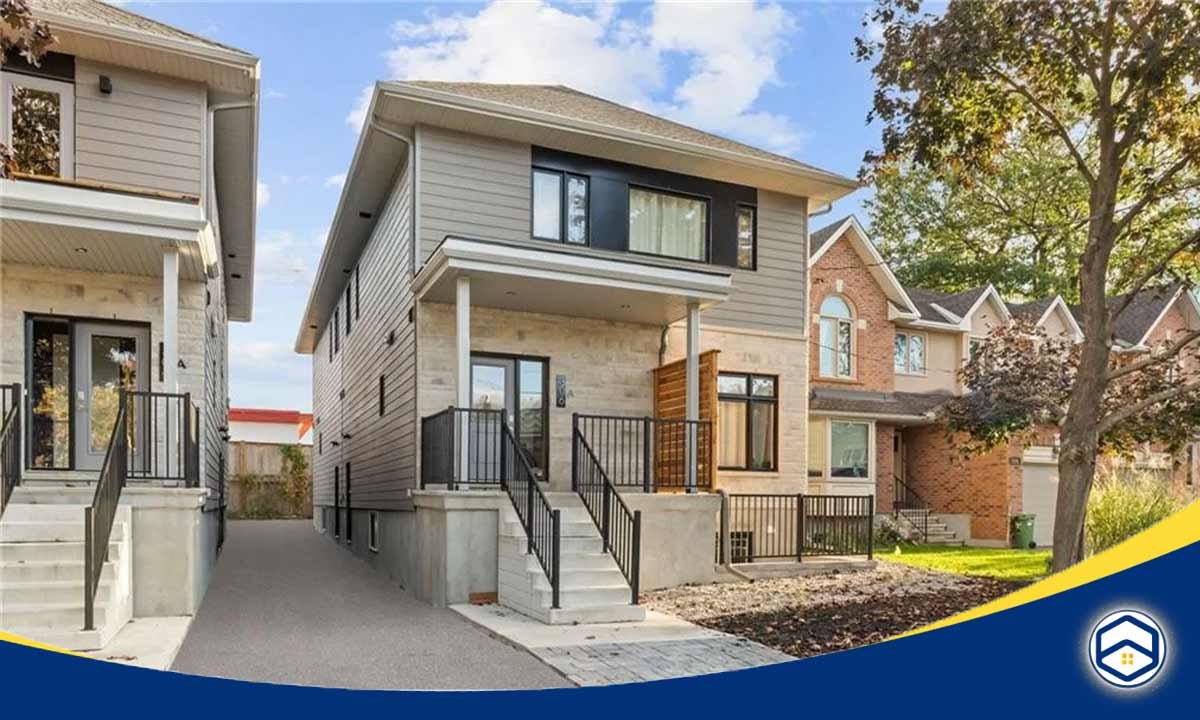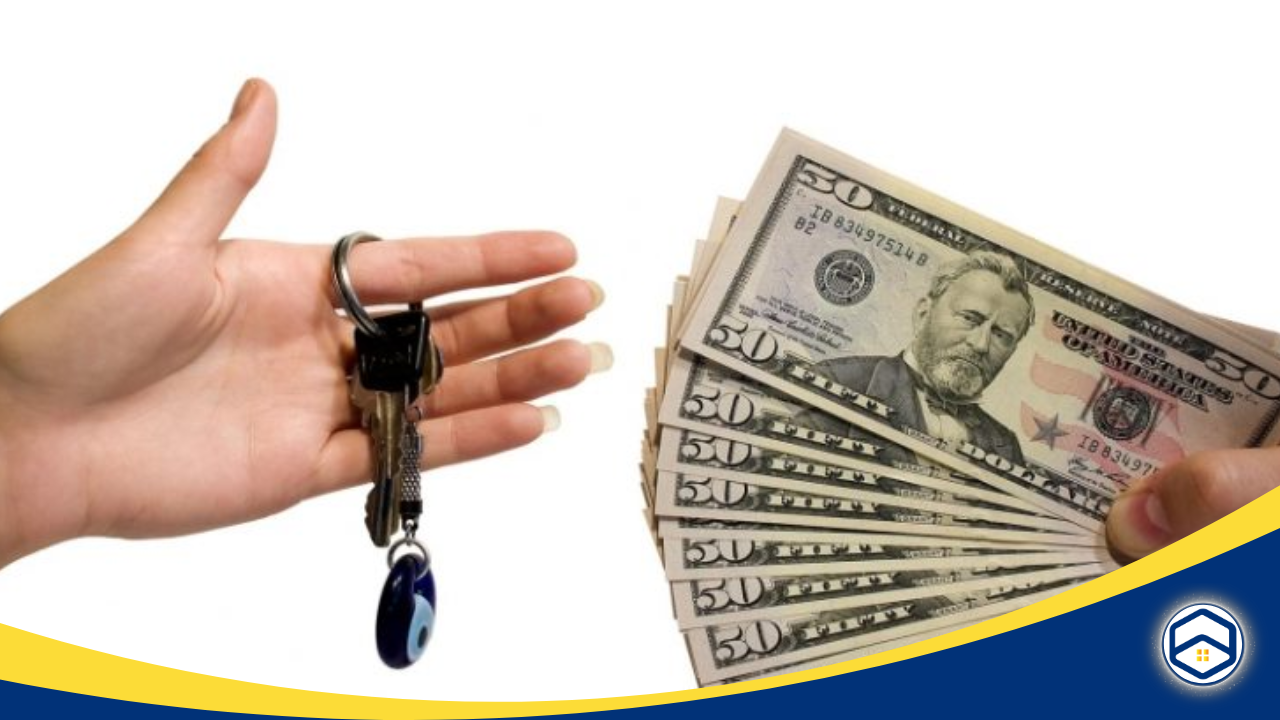Renting an apartment is a major life decision, especially for first-time renters. With the right approach, you can avoid common pitfalls and ensure that your new home fits your lifestyle and budget. In this guide, we’ll walk you through the best apartment rental tips to help you make the most informed choice.
Set your budget: The foundation of smart renting
One of the most critical steps in renting an apartment is determining how much you can afford. A general rule of thumb is to allocate at most 30% of your monthly income to rent. However, don’t forget to account for utilities, internet, parking fees, and other living expenses, which can add up quickly.
When setting your budget, factor in hidden costs like a security deposit, pet fees, or renters’ insurance. Having a realistic understanding of your financial capabilities will help narrow down your options and prevent future financial strain.

Choosing the right location: It’s all about balance
Location plays a huge role in your day-to-day life, so it’s important to prioritize what’s essential to you. Consider proximity to your work or school, access to public transportation, and nearby amenities like grocery stores and entertainment spots. Safety should also be a major consideration—research neighborhood crime rates and visit the area at different times of day to gauge how safe it feels.
Using tools like Google Maps or neighborhood-specific apps can help you visualize commute times and explore nearby areas, allowing you to get a full picture of what living there might be like.
Apartment rental tips – Best time to rent
Did you know that the time of year can significantly impact rent prices? The best deals are often found during the winter months, as fewer people are moving. This lower demand means landlords may be more willing to negotiate rent or offer move-in incentives.
In contrast, summer is the peak moving season, with increased demand often driving prices higher. If you have flexibility, timing your search during the off-season could save you hundreds of dollars throughout your lease.
Creating a must-have checklist: Prioritize your needs
Before you dive into your apartment search, it’s essential to identify your non-negotiables. Do you need a pet-friendly apartment? Is parking a must? Create a checklist of key apartment features such as:
Pet Policies
When looking for an apartment, it’s crucial to clarify the pet policies. Many buildings are pet-friendly, but specifics vary. Inquire about pet deposits—typically one-time fees for potential damage—as well as any monthly pet fees that could affect your budget. Additionally, ask about restrictions regarding the type, size, or breed of pets allowed to ensure your furry friend meets the criteria.
Amenities
Identify the amenities that matter most to you. Essential amenities might include a gym, swimming pool, and laundry facilities. If fitness is a priority, look for buildings with well-equipped gyms to avoid costly membership fees.
Consider if you prefer in-unit laundry or shared facilities, and make a list of must-have amenities to streamline your apartment search.

Appliances and utilities
Choosing a unit with modern, energy-efficient appliances can lead to long-term savings. Check if the apartment includes necessary appliances, like a refrigerator and washer/dryer, as some may not. Also, clarify whether utilities are included in the rent or if you’ll need to set them up independently. Understanding these details will help you budget more effectively.
Safety and security
Safety is paramount when selecting an apartment. To minimize unauthorized entry, look for secure entrances, such as keycard access or security staff. Well-lit common areas and parking lots enhance safety and deter crime. Research the neighborhood’s safety reputation and consider resident feedback for additional insight. A secure environment contributes significantly to your comfort and peace of mind.
Once you have your list, stick to it. While it’s easy to fall for aesthetically pleasing apartments, make sure your choice supports your daily needs and budget.
Roommate considerations: How to choose wisely
If your budget is tight, splitting rent with a roommate can be a smart option. However, it’s crucial to select someone compatible with your lifestyle. Make sure your potential roommate is financially stable and able to pass any required credit or background checks.
Additionally, check with the landlord to ensure that roommates are allowed, and be aware that adding another person to the lease may increase your security deposit or rent due to additional wear and tear.
Apartment rental tips – Researching apartments
The next step is to research potential apartments online, but don’t stop there. Pictures can be deceiving, so it’s essential to see the property in person if possible, here’s what to inspect during a tour:
Check the windows and doors
Inspect windows and doors carefully, as they are common sources of drafts and energy loss. Ensure all windows open and close smoothly, and look for condensation or leaks, which may signal poor insulation or water damage.
Run your hand around the edges to feel for drafts; if you detect air, it could lead to higher energy bills or uncomfortable indoor conditions. Verify that doors latch and lock securely for safety.
Look for signs of water damage
Water damage is a serious concern, often indicating deeper issues. Examine ceilings and walls for discoloration, stains, or bubbling paint, particularly around windows, bathrooms, and kitchen sinks.
Musty odors can also suggest moisture problems. Inquire with the landlord about recent leaks and request documentation of any repairs made.
Test the appliances
Take time to test all appliances, such as the stove, refrigerator, dishwasher, and microwave. Turn them on to ensure they work properly. Check minor details, like whether the fridge seals well or if the oven heats evenly.
If appliances seem outdated or faulty, ask if upgrades are planned. Knowing their condition can help avoid unexpected utility costs or repairs.

Listen for noise
Assess the sound levels both inside and outside the apartment. Be mindful of noise from neighbors, traffic, or construction; thin walls can lead to a disruptive living environment. Visit at different times to gauge noise patterns, as some areas may seem quiet during the day but become noisy at night.
Inspect the flooring
The flooring condition can reveal much about the apartment’s upkeep. Look for scratches, stains, or loose tiles. If you find damaged flooring, ask if it will be repaired or replaced before your move. Poor flooring quality can indicate overall neglect in the apartment’s maintenance.
Examine the bathroom and plumbing
Pay attention to the bathroom’s condition. Test faucets and flush toilets to check for good water pressure and drainage. Listen for unusual sounds like banging pipes, which could signal plumbing issues. Inspect for leaks around toilets and sinks, and ensure proper ventilation to prevent mold growth.
Check the lighting and electrical outlets
Ensure all lights work and that there’s adequate illumination in each room, especially those lacking natural light. Test each light switch, and verify there are enough electrical outlets in convenient locations. Non-functional outlets or insufficient ones may lead to inconvenience later.
Evaluate the building’s condition and safety features
Assess the overall condition of the building, as it reflects the landlord’s commitment to maintenance. Check common areas like hallways and lobbies for cleanliness. If there’s an elevator, ensure it functions properly. Inquire about security features such as keyless entry, cameras, and on-site management for peace of mind.
Parking and outdoor spaces
If parking is included, inspect the area to ensure it is well-lit and safe, particularly for night use. Also, check any outdoor spaces like gardens or rooftops to confirm they are well-maintained and accessible.
Take notes and pictures
During your tour, document important details, including concerns and positive features, using notes and photos. This can help you remember specifics when comparing options later.
Taking detailed notes and photos can help you remember the pros and cons of each apartment when making your final decision.
Reviewing the lease agreement: Know before you sign
Before signing any lease, review it carefully. Pay close attention to key clauses that could impact your living situation, such as:
- Pet policies: Are there restrictions or fees for having pets?
- Subletting: Can you sublet the apartment if needed?
- Security deposits and maintenance: Understand who is responsible for repairs and what your deposit covers.
If any part of the lease is unclear, don’t hesitate to ask for clarification. Understanding the terms now can save you from legal or financial issues down the road.
Negotiating rent: Yes, you can!
Don’t assume the listed price is set in stone. In competitive markets, landlords may be more flexible with rent or security deposits, especially if the apartment has been on the market for a while. Apartment rental tips for effective negotiation:
Offer to sign a longer lease for a reduced monthly rent.
Point out any repairs, move-in costs or updates needed and request a rent discount until they’re completed.
If you’re moving during the off-season, use the timing to your advantage and ask for a lower rent.
Move-in checklist: Prepare for the big day
Once you’ve secured your new apartment, don’t forget to prepare for move-in day. Create a checklist to ensure a smooth transition:
- Document existing damage: Take photos of any wear and tear before you move in to avoid disputes when moving out.
- Set up utilities: Arrange for electricity, gas, and internet to be activated before your move-in date.
- Double-check the lease requirements: Some buildings may require you to provide proof of renters’ insurance or set up specific moving times.
By being prepared, you’ll avoid last-minute hassles and can settle into your new home with peace of mind.
Conclusion
Renting an apartment can be an overwhelming process, but by setting clear priorities, timing your search strategically, and doing your research, you can find the perfect place that suits both your budget and lifestyle. Armed with these apartment rental tips, you’re well on your way to making a smart and informed decision










